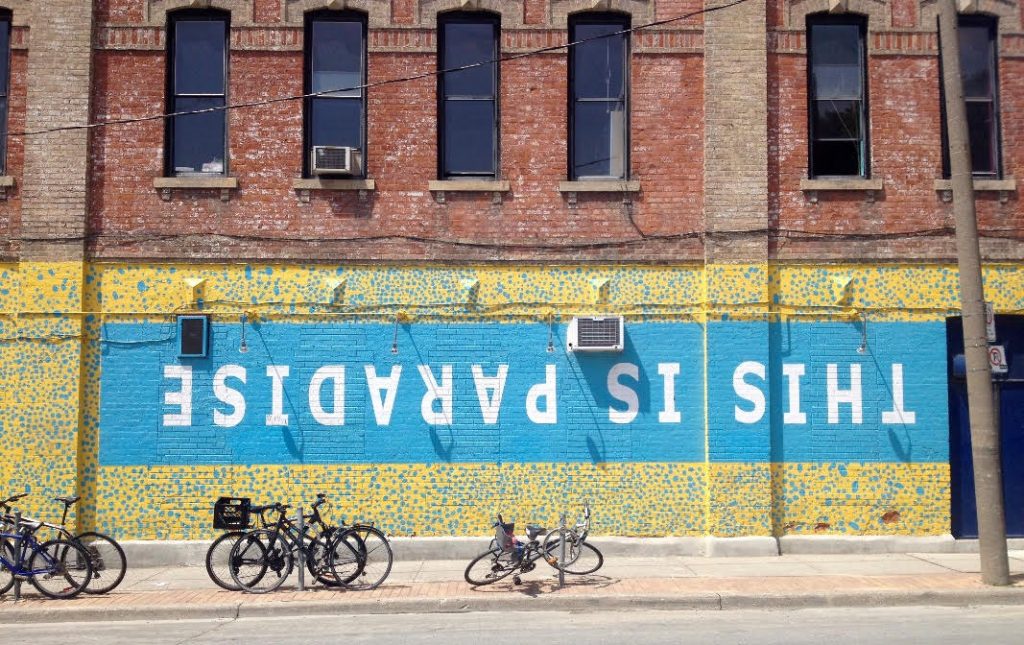Urban Design for Mental Health Mid to Post Covid-19

Guest Speaker: Prof Jenny Roe
We have a zeitgeist opportunity of opining right now on what aspects of city design matter most for our mental health during Covid-19. Jenny Roe will offer a broad perspective on what the current pandemic means for public life and public space and how we can leverage tools like tactical urbanism to explore solutions for more permanent – and healthier – city design. She will also present some of the ideas from her book with co-author, Layla McCay, Restorative Cities, urban design for mental health and wellbeing (August 2021).
About Jenny Roe
Jenny Roe is a Professor in Design and Health and Director of the Center for Design and Health at the University of Virginia, US. Jenny is a former Lecturer in the Built Environment at Heriot-Watt University and now an Honorary Professor of the Urban Institute. Jenny is an environmental psychologist who explores how our interactions with the world shape our health, wellbeing and behaviors. She specializes in understanding how access to restorative environments in our cities create and sustain our health and wellbeing. Jenny has led on world leading research initiatives including multi-disciplinary collaborations amongst experts in public health, medicine, urban design, environmental sciences, geography and psychology. Her research aims to advance social justice by tackling health and environmental inequities.
Planning for the Just City
Guest Speaker: Prof Susan Fainstein, Author of ‘The Just City’
Within the global context of heightened urban competition, approaches to urban development have been justified by their contribution to economic growth rather than to greater justice. Increased inequality and diminished access to amenities and welfare for the already disadvantaged have resulted. The use of justice as a governing principle—defined by the criteria of equity, diversity, and democracy—would require that policies be evaluated in terms of their consequences for different social groups. Arguments for giving priority to justice in planning will be presented, and policy examples from New York, Amsterdam, and Singapore will be used to illustrate different planning approaches and their consequences for more just cities.
About Susan Fainstein
Susan S. Fainstein is a Senior Research Fellow in the Harvard Graduate School of Design. Her book The Just City was published in 2010 by Cornell University Press. Among her other publications are The City Builders: Property, Politics, and Planning in London and New York; Restructuring the City; and Urban Political Movements, as well as edited volumes on urban tourism, planning theory, urban theory, and gender and 100 book chapters and articles. Her research interests include planning theory, urban theory, urban redevelopment, and comparative urban policy. She has received the Distinguished Educator Award and the Davidoff Book Award of the Association of American Schools of Planning (ACSP).
Dr. Fainstein has been a professor of planning at the Harvard Graduate School of Design, the Graduate School of Architecture, Planning and Preservation at Columbia University, and the Bloustein School of Planning and Public Policy at Rutgers University. She has been a visiting professor at, among others, the University of Amsterdam and the National University of Singapore. She was an editor of the International Journal of Urban and Regional Research and of Ethnic and Racial Studies and been a consultant to various public organizations. She received her B.A. from Harvard University in government, her M.A. from Boston University in African Studies, and her Ph.D. in political science from MIT.
